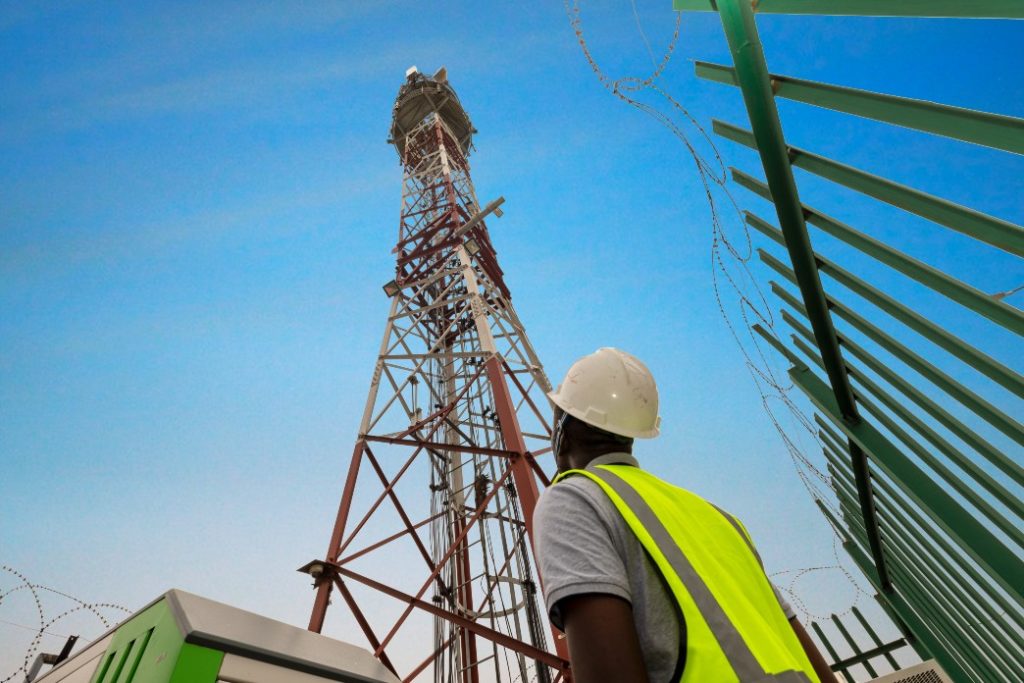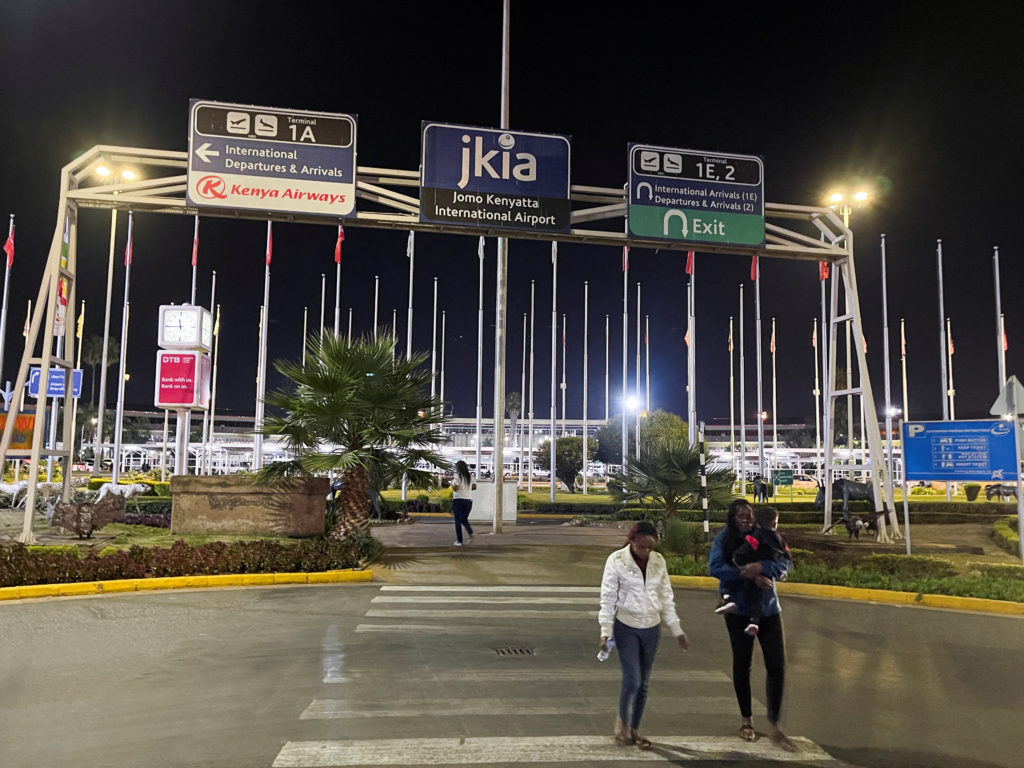“I got a job in tech! You are looking at the latest techie in town!”
Unless you are lithodomous, you must have come across a post like this online. Every now and then, thrilled young Africans share news of their first job in tech. Often enough, these posts, usually punctuated with exclamation marks or the confetti emoji, come from vibrant young people who have secured coding or non-coding jobs in the tech ecosystem despite having had no tech educational background months prior.
Take Sandra* for example. She studied microbiology in school but is now a technical writer, back-end developer, and an award-winning open-source program manager. When asked about her transition and career growth in tech, she credits it to learning publicly and being a part of a mentorship program organised by a non-profit female-focused community, She Code Africa.
Tech talent is made, not born.
Tech has gone on to surpass oil as a driver of the economy in Nigeria—Africa’s biggest oil-producing state. It is easy to assume that the increasing number of transitions to tech is a natural result of the increasing prestige of the sector. But the idea that tech talent is being born from the tech boom could not be farther from the truth. The truth is that there is a great gap between the demand for talent and the supply.
Even with a widening pool of free learning resources and stats like 716,000 developers in Africa, with around 88,609 developers in Nigeria, there are not enough people with tech skills in the country. This is because Nigerians are faced with several barriers to these resources. They lack access to power supply, internet connection, and tech devices necessary to access resources for job/skill acquisition and retention. And this lack makes the necessary learning resources, mentorship, and collaboration opportunities inaccessible.
Nigerian talent makers
Across the country, many hands have been on deck to close this gap. Government initiatives such as CodeLagos have been passed to teach students to code. Big tech companies have launched developer communities in Nigerian universities—Google launched Google Developers and Facebook launched Developer Circles. Businesses like Andela, Decagon, Semicolon, Talent QL, Utiva, Colab, Sturtern, Product Dive and AltSchool Africa exist to equip Africans with skills like software engineering, design, product management, and offer them work opportunities in tech.
Altruistic individuals have also founded non-profit initiatives and communities that are breaking the barriers of entry into the tech ecosystem. These communities and initiatives are being run by Africans who finance the projects with their own earnings from their day jobs, the goodwill of family, friends, philanthropists, and strategic partnerships. There are hundreds of them across Nigeria, but here is a list of the few that have come to our attention:
Akintunde Sultan

Akintunde Sultan founded DevCareer to give Africans increased access to learning resources, mentorship programs, and other sources that are necessary to kickstart their journey to becoming tech professionals. DevCareer began in Nigeria and in its first year, it focused on training 22 upcoming developers. Today, it has over 14,000 community members in Nigeria and other countries. DevCareer also has a cohort-based laptop support program called Laptop4Developers through which DevCareer donates free laptops to hundreds of Africans who are on software development learning tracks. Each cohort runs for a 3-month period, during which time they also receive free and highly discounted online courses, mentorship programs, boot camps, and a co-learning space in partner co-working hubs in Nigeria, Kenya, Ghana, Zambia, and Rwanda. DevCareer does all these for young tech enthusiasts through the support of organisations like Dataquest, Dojah and Progate and generous donors like Twitter’s Jack Dorsey.
Maya Famodu, Sean Burrowes, and Blessing Abeng
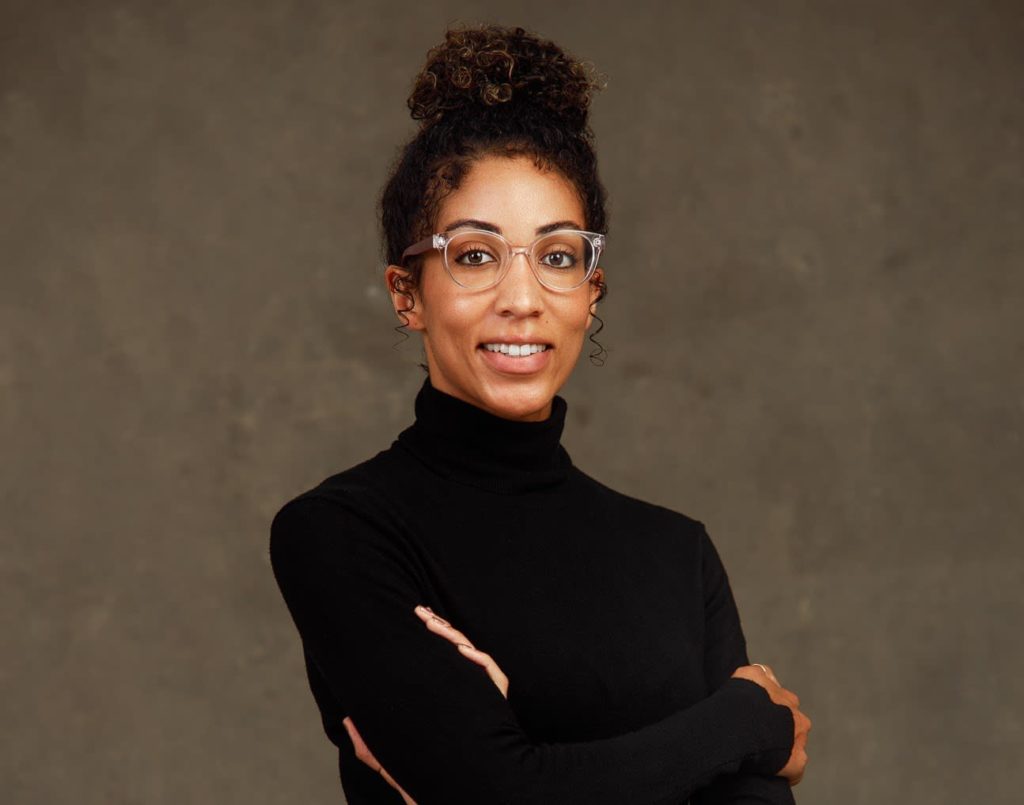
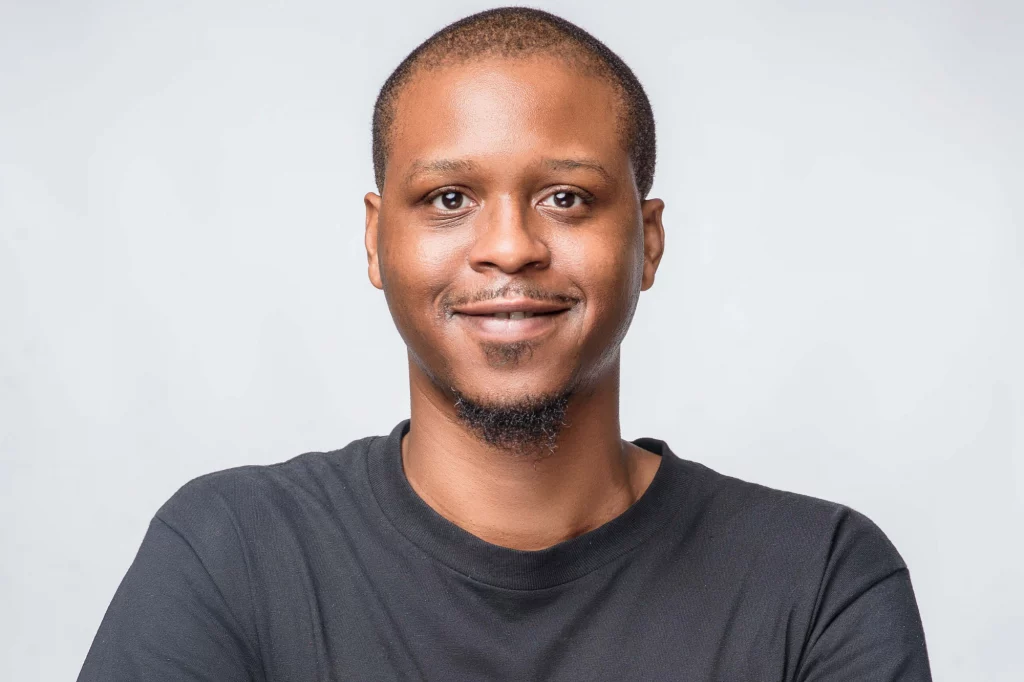

Maya Horgan Famodu and Sean Burrowes launched Ingressive For Good (I4G) in 2020, and Blessing Abeng was appointed co-founder in 2021. I4G is a non-profit foundation that aims to increase the earning power of tech talents in Africa by training 1,000,000 young people and connecting 5,000 to jobs in the next 5 years. It offers young people micro-scholarships, training in programming and design skills, tech tools, and, oftentimes, job placements. The foundation works with organisations like Facebook, Enye, Coursera, Datacamp, etc. to offer learning modules for its community members. It also partners with recruiters and companies like HNG to keep its community members connected to work opportunities.
Joy Eneghalu
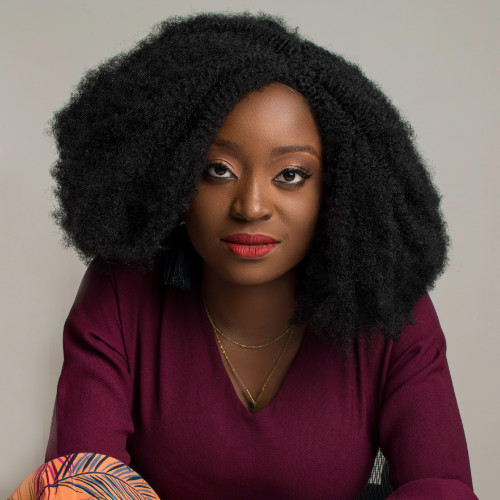
Joy Eneghalu created More Techies—a diverse community for Africans in non-tech fields who are looking to participate in the tech ecosystem irrespective of their backgrounds. More Techies, also known as More Tribe, is self-described as a village of Africans in tech, probably because it adopts the “it takes a village” idealogy. The community is structured to be a highly collaborative and interactive community where members support one another to identify, evaluate, and take advantage of opportunities in the tech ecosystem. Members collaborate on projects to build their portfolios and connect one another to internships and other job opportunities. The community has an official cash-incentivised hackathon, which it calls the Morekathon. It is an opportunity for members of the community with diverse skills to collaborate and build a product that solves a problem in any of these sectors. The community gives its members access to resources including courses, webinars, books, and boot camps to acquire skills in marketing, UI/UX design, social media management, and product management. Several members of the community have transitioned into tech from backgrounds such as baking, banking, coaching, and business. You can sign up to be a part of the community here.
Joel Ogunsola & Diwura Oladepo
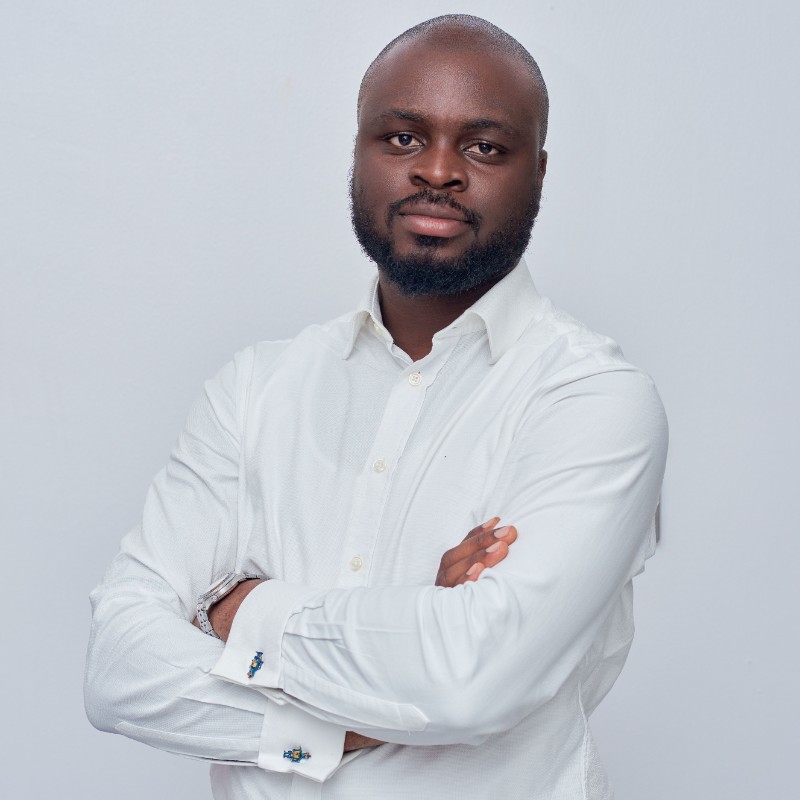
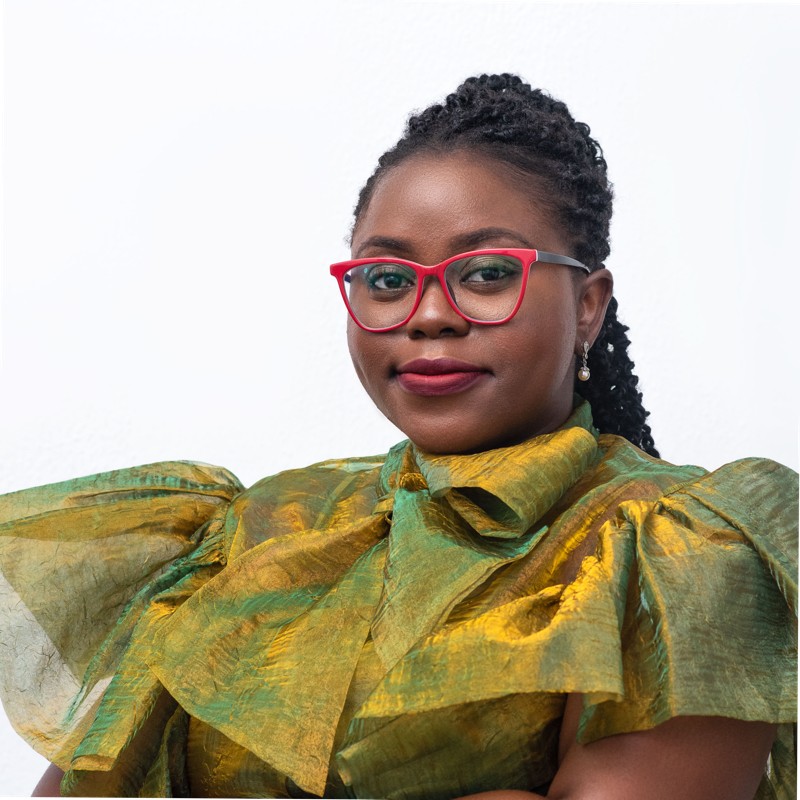
Joel Ogunsola & Diwura Oladepo are leading Tech4Dev—a non-profit organisation that offers and advocates free digital skills empowerment for Africans. The goal of the organisation is to give more Africans access to work and entrepreneurship opportunities in the tech ecosystem. Tech4Dev organises training sessions and boot camps teaching tech skills such as basic digital literacy, product design, graphic design, data science, cybersecurity, and more. Tech4Dev runs several initiatives, the most popular of which is the women-focused Women Techsters program, which aims to train 5 million women across Africa in data science, software development, and product management by 2030. The initiative is cohort-based. They sometimes receive thousands of applications for a cohort. Tech4Dev organises training on behalf of corporate and governmental organisations for children, young adults, and older adults with diverse educational backgrounds. It has reportedly trained 41,079 Africans across 15 African countries.
Feranmi Okafor

Feranmi Okafor created Tech Marketers Hub—a non-profit community for marketers. The community aims to be a hub for marketers who are just starting out. It is an exciting and empowering community for tech marketers of all levels, and a one-stop shop for recruiters looking to hire marketers. It gives budding and experienced marketing professionals access to learning resources, boot camps, mentorship, and opportunities to network with people in the ecosystem. It partners with tech companies to offer significant discounts on paid boot camps, learning resources, and events. In less than a year, it has grown to over 1,000 members across 10 time zones.
Ada Nduka Oyom
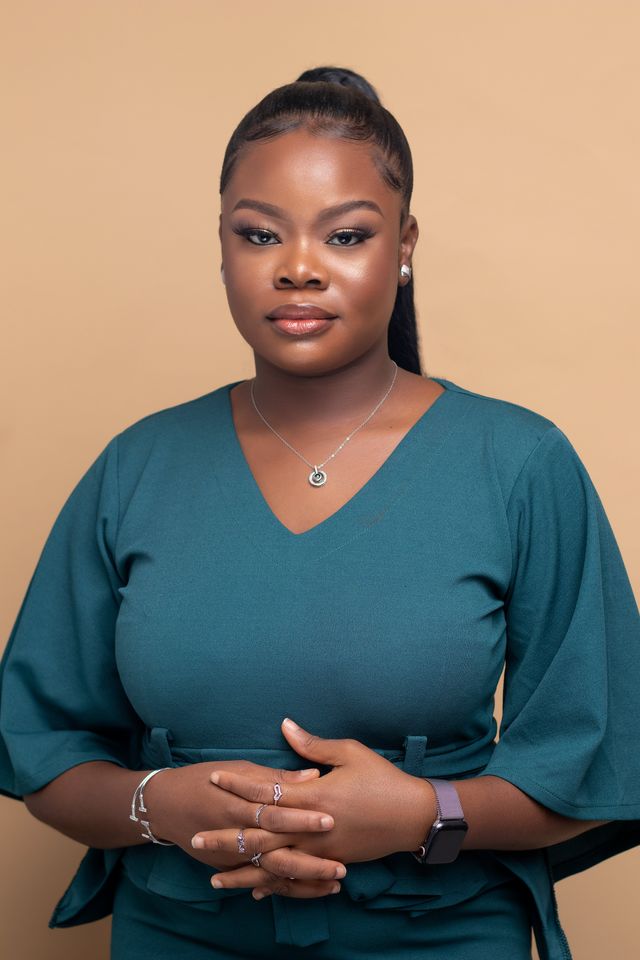
Ada Nduka Oyom was actively involved in several developer communities during her university education in Nigeria, so it is not surprising that 1 month after she graduated, she founded a women-focused community called She Code Africa. It is a non-profit that runs open-source programs, cloud programs, mentoring programs, and secondary school programs to give women and girls the technical and non-technical skills and opportunities to kick off a career in tech. The community has over 10,000 members. It is active in over 15 African countries, such as Nigeria, Kenya, Rwanda, and Ghana. It also has about 32 chapter locations, some of which are on campuses in about 12 Nigerian states, Nairobi, and Kenya.
Oluchi Enebeli

Oluchi Enebeli is a blockchain engineer and the founder of Web3 Ladies—a community that is on a mission to onboard 100,000 ladies with the resources and skills necessary to enter and thrive in the web3 ecosystem. It is open to women seeking to begin a career in tech or those looking to scale their careers in web3. Recently, the community announced its “Work Tool Assistance” program, which provides laptops, inverters, and internet devices. The community activities entail a cohort-based 3-month long mentorship program which features foundational training in hard and soft skills needed for web development, blockchain development (programming of smart contracts, decentralised applications, and more), UI and UX design, and product management. The Web3Ladies community has over 13,000 members across different platforms from African countries including Nigeria, Uganda, Kenya, Ghana, South Africa, etc.
Princess Akari

Princess Akari founded and leads a community of product managers called People in Product. It is a non-profit community that helps product managers start and scale their careers. The organisation partners with learning platforms like Treford Group to give its members free or discounted access to skill acquisition programs, online courses, boot camps, and networking events. People in Product regularly organises group mentorship sessions, knowledge-sharing webinars, and interview preparation sessions. Currently, the community has over 2000 members on Slack.
Peace Obinani

Peace Obinani leads a community called Non Tech in Tech. As the name implies, it is a community for people who are in or looking to start no-code roles in tech businesses. It is currently home to over 3,000 marketers, content managers, writers, and talent managers across 15 countries who are looking to transition to tech or to grow their careers in tech. The community has partnered with organisations such as Piggyvest, Treford, Empower Her Community, Socialiga, Sweepsouth, Tech Circle, Printivo to organise networking events, offer scholarships and discounts for boot camps and online courses, and place members in job positions in tech companies.
Gloria Ojukwu

Gloria Ojukwu launched HerTechTrail in 2019 to help women start careers in tech. The community also has a laptop support program, through which it donates laptops to members of its community every quarter. It offers free learning materials, cohort-based boot camps, and mentorship opportunities to its members. The training and mentorship programs are delivered by other experts who are gainfully employed in the ecosystem. Some of its learning tracks include web design, web development, data analysis, product design, product management, digital marketing, UI/UX, etc. Students on these learning tracks get opportunities to work on projects and build their portfolios. Graduates from the cohorts are sometimes offered internship placements in tech startups.
This list is not exhaustive. There are many Africans supporting the talent sector of Africa’s tech ecosystem. If you know anyone leading a non-profit community that should be on this list, shoot me an email telling me about them and I will spotlight them in another article.
*Not her real name.
If you’re looking to transition into tech, TechCabal has a newsletter just for you! Sign up to Entering Tech to get the best tech tips and opportunities in your mailbox every Wednesday.
















